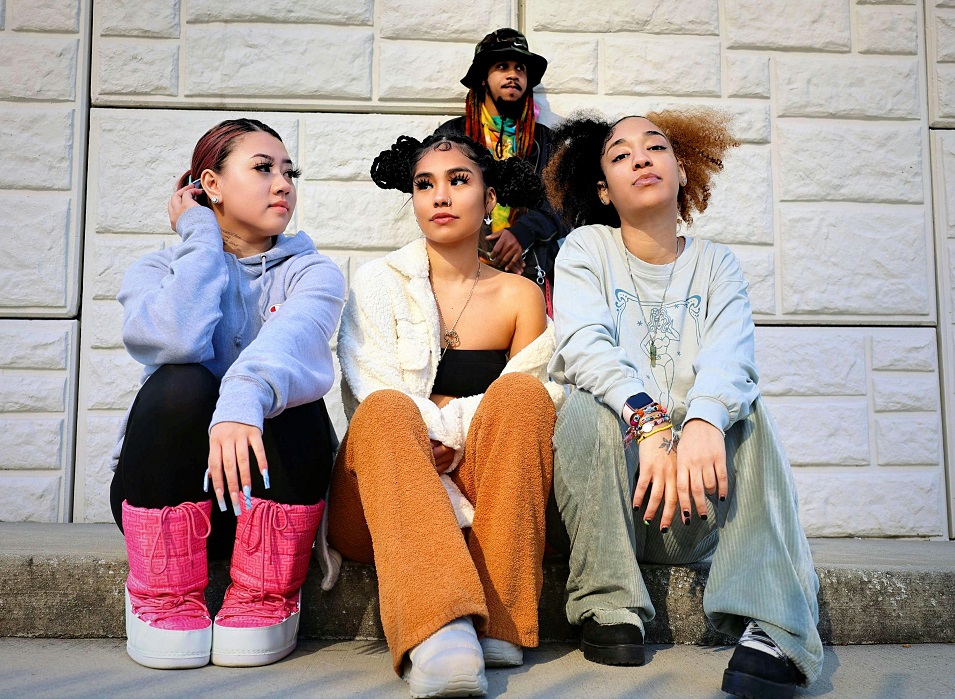HPV Vaccine

The HPV vaccine is a crucial tool in the fight against certain cancers and infections caused by the human papillomavirus (HPV). HPV is one of the most common viral infections and can lead to serious health problems, including cervical cancer, which is a leading cause of cancer deaths among women in South Africa. The HPV vaccine is highly effective in preventing infection from the virus types most likely to cause cancer.
What is HPV?
HPV is a group of more than 100 viruses that can affect both men and women. Most HPV infections are harmless and go away on their own, but some types of HPV can lead to:
- Cervical cancer in women
- Genital warts in both men and women
- Other types of cancer, including cancers of the throat, anus, and genital areas
The good news is that the HPV vaccine can prevent most of these serious outcomes by targeting the virus strains that are most commonly linked to cancer and genital warts.
How Does the HPV Vaccine Work?
The HPV vaccine stimulates the immune system to produce antibodies that protect against certain strains of HPV. The vaccine targets the types of HPV that are most commonly associated with cervical cancer and genital warts, particularly HPV types 16 and 18 (which cause about 70% of cervical cancers) and types 6 and 11 (responsible for 90% of genital warts).
In South Africa, the vaccine is provided to girls in primary schools through government programs, as part of the country’s efforts to reduce the burden of cervical cancer. The vaccine is most effective when given before exposure to the virus, which is why it is recommended for young girls before they become sexually active.
Who Should Get the HPV Vaccine?
In South Africa, the HPV vaccine is recommended for:
- Girls aged 9 to 12 years: The South African government offers the vaccine to girls in Grade 5 as part of the school-based vaccination program.
- Boys and older individuals: Although the vaccine is primarily targeted at girls, boys can also benefit, as HPV can lead to other cancers and genital warts in males.
The vaccine is usually given in two doses over a period of 6 to 12 months for children under 15 years old. For those aged 15 and older, a three-dose schedule may be recommended.
Why is the HPV Vaccine Important?
- Prevents Cervical Cancer: The vaccine offers strong protection against the types of HPV that cause the majority of cervical cancer cases.
- Reduces Genital Warts: The vaccine also protects against HPV types that cause genital warts, which can be uncomfortable and difficult to treat.
- Protects Future Generations: By vaccinating girls and boys early, the spread of HPV can be reduced, ultimately lowering the risk of HPV-related cancers for future generations.
Is the HPV Vaccine Safe?
Yes, the HPV vaccine is safe. It has been extensively tested in clinical trials and used worldwide for many years. Most people experience only mild side effects, such as:
- Soreness at the injection site
- Mild fever or fatigue
Serious side effects are very rare, and the vaccine’s benefits far outweigh the risks.